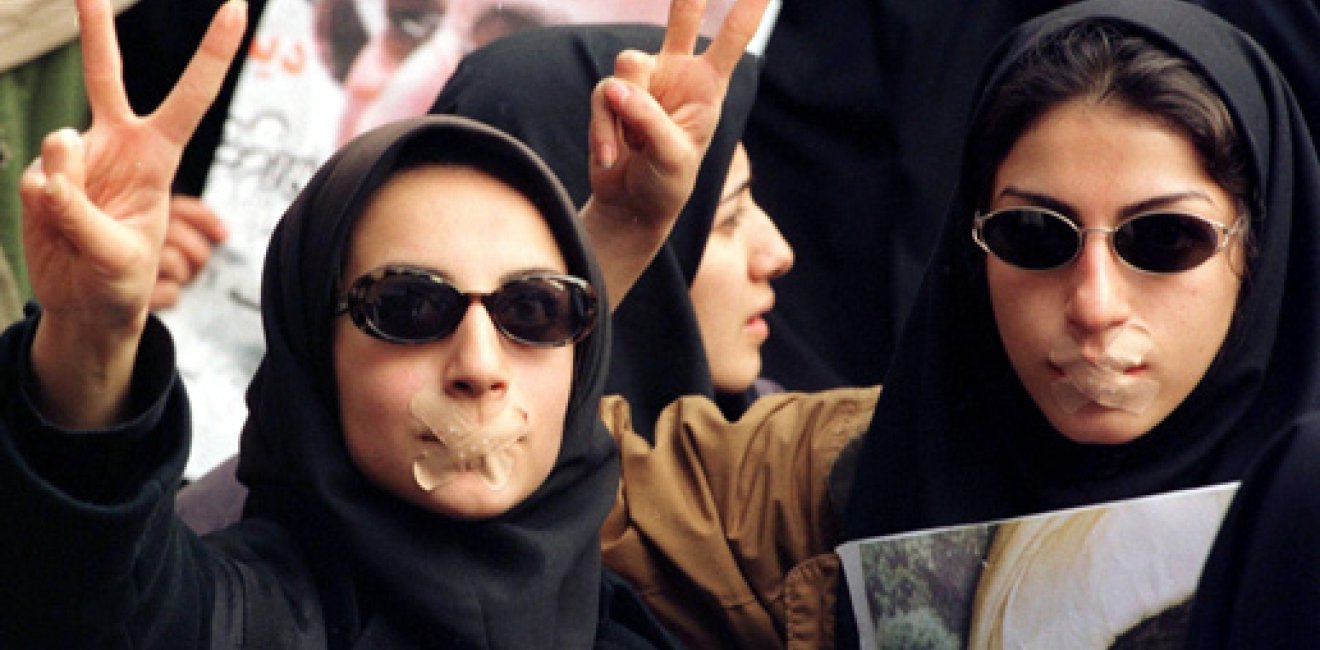An unusually large number of women have organized and registered to run in Iran’s February elections. The record turnout among would-be candidates for parliament and the Assembly of Experts, a body that selects the Islamic Republic’s supreme leader, is causing unease among the conservative clerical hierarchy. The question for now is whether a significant number of women will be allowed to compete.
Iranian women have been able to vote and to run for parliament since 1963. Myriad restrictions were imposed after the monarchy fell in 1979, but women continued to be allowed to vote and to run for parliament and local council seats. Today, however, there are only nine women in Iran’s parliament—fewer than before the Islamic revolution.
One reason is the vetting process. The 12-member Council of Guardians, a group of senior clerics and specialists in Islamic law, can bar any candidate it considers unqualified. It has been adamant in not allowing women to run for president—women have challenged its interpretation of the constitution—and has not looked kindly on women wishing to run for president.
About 12,000 people have registered to run for the 290 parliamentary seats in February—the largest number in the history of the Islamic Republic. More than 1,200 of these registrants are women, also a record. A handful of women have also registered—for the first time—as candidates for the 88-member Assembly of Experts. Their disqualification for the assembly is all but certain; the assembly is dominated by clerics, and expertise in Islamic learning has become a requirement.
Yet some female Iranian activists remain unfazed. Various women’s groups—including the I Will Be a Candidate Committee and the Women’s Citizen Committee–have organized meetings and written articles encouraging women to run. They launched a “campaign to change the male face of parliament.” One activist called on organized parties and groups to allocate a third of the seats on their electoral lists to women.
Female activists include Faezeh Hashemi, the daughter of former president Ali Akbar Hashemi Rafsanjani and a former member of parliament. She was imprisoned and barred from political activity for five years for supporting the widespread protests that followed the disputed 2009 presidential election. She has a history of campaigning for equality for all citizens under the law and urging women to be involved in politics. The media don’t devote more space to female candidates and women’s issues, she says, over fear of being shut down. Her sister, Fatemeh, and her brother Mohsen have registered to run for parliament.
Prominent men have weighed in on both sides. The head of the Council of Guardians has expressed dismay at the number of would-be candidates, both male and female, but the speaker of Iran’s parliament, Ali Larijani, expressed hope that at least one woman would be elected to parliament from each of Iran’s 31 provinces. This hope has a chance of being realized only if a sufficient number of women are allowed to run.
The opinions expressed here are solely those of the author.
This article was originally published in The Wall Street Journal's Think Tank blog.






